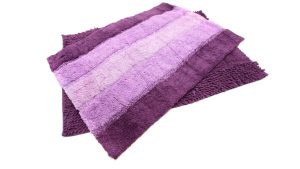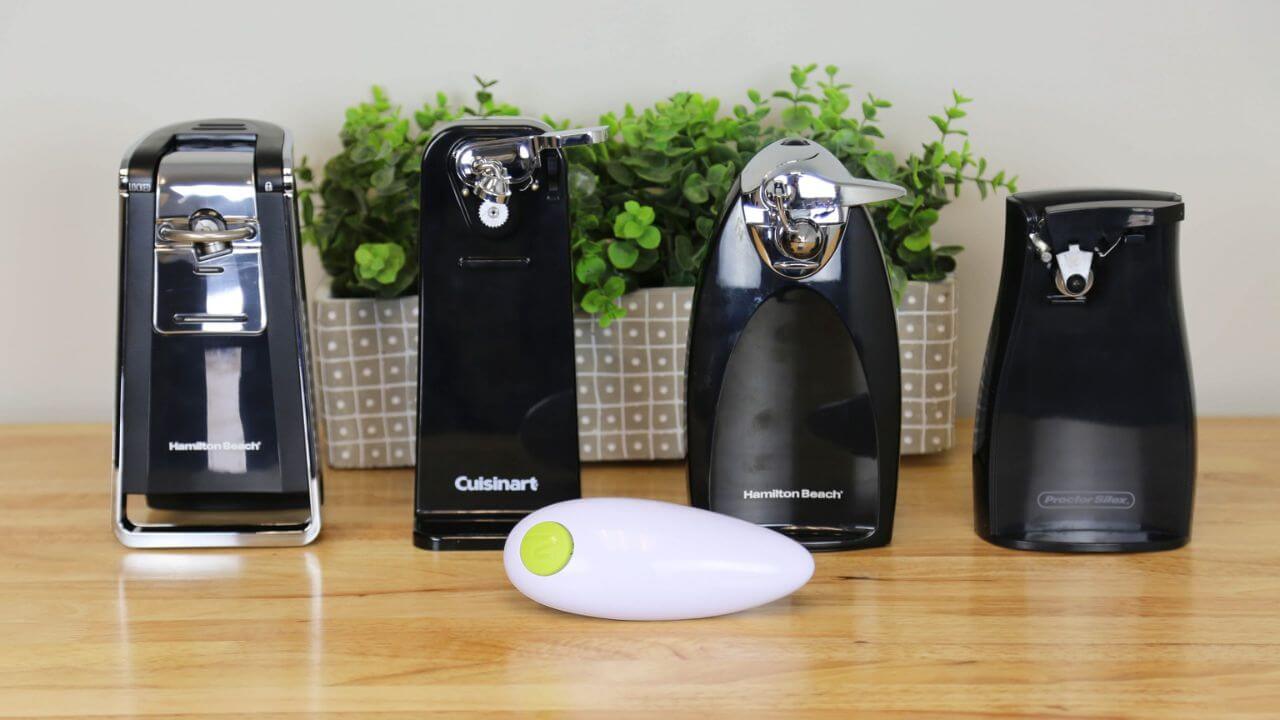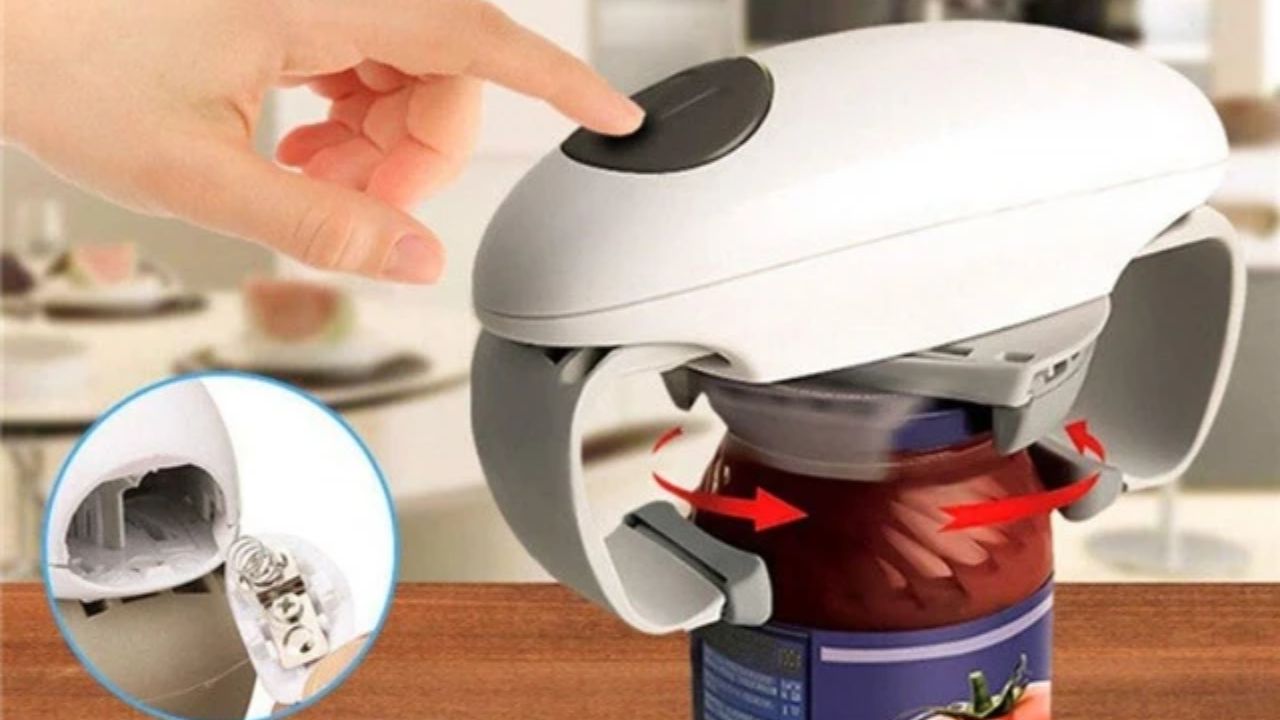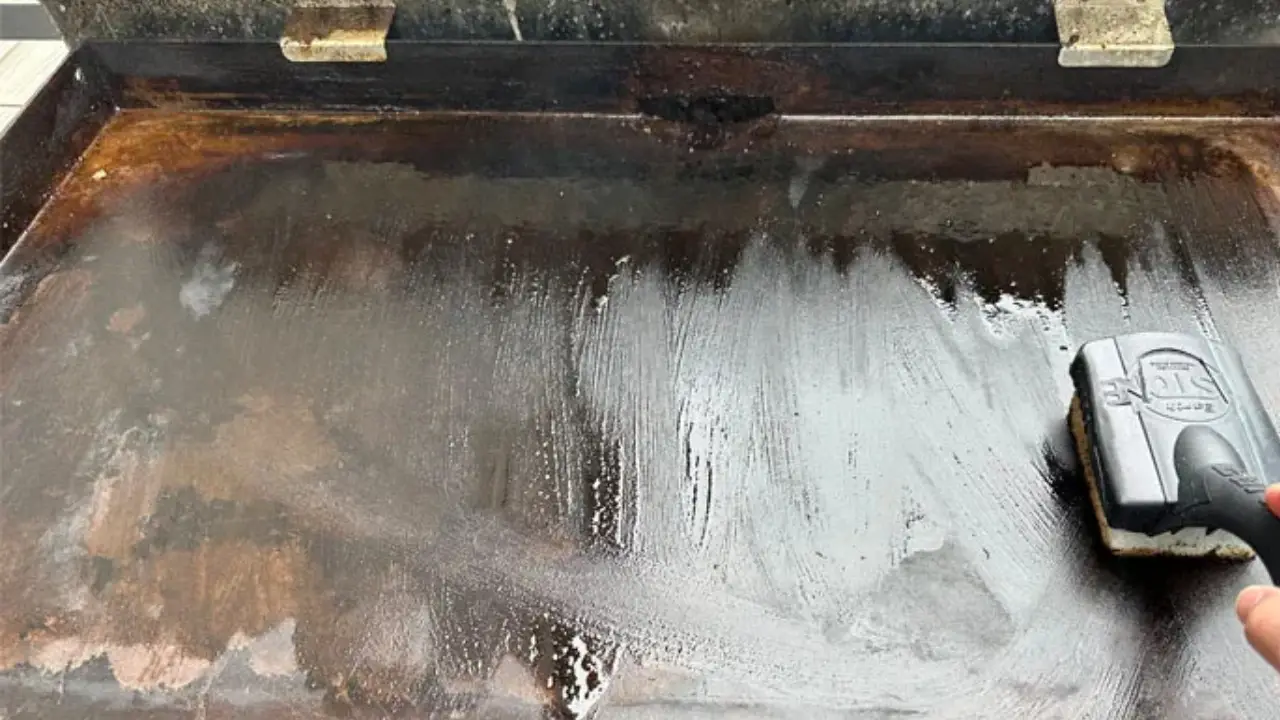How Do You Clean Copper Saucepans : Expert Tips for Shining Pots

To clean copper saucepans, mix equal parts of white vinegar and salt. Use the mixture to scrub the pans, then rinse with warm water and dry thoroughly.
Maintaining the lustrous appearance of your copper saucepans not only enhances their aesthetic appeal but also prolongs their lifespan. Proper cleaning is essential to prevent tarnishing and maintain their functionality. We will explore effective ways to clean your copper saucepans, ensuring they remain in pristine condition for years to come.
We’ll cover simple, natural methods using common household items, as well as precautionary measures to safeguard the delicate surfaces of these kitchen essentials. By following these tips, you’ll be able to keep your copper saucepans in top-notch condition, making your culinary experience a delight.
Importance Of Maintaining Copper Saucepans
Copper saucepans are not only a stylish addition to any kitchen, but they also offer numerous benefits in the cooking process. However, to ensure that you continue to reap the advantages, it’s crucial to understand and implement the right maintenance practices. Cleaning and maintaining your copper saucepans is essential to ensure their longevity, appearance, and impact on food quality.
Longevity And Appearance Benefits
Proper maintenance significantly contributes to the longevity and appearance of your copper saucepans. With regular cleaning and care, you can prevent tarnishing and corrosion, preserving the luster and shine of the copper. This not only enhances the visual appeal of your cookware but also extends its lifespan, making it a worthwhile investment for your kitchen.
Impact On Food Quality
When it comes to cooking, the quality of your cookware can impact the quality of your food. Maintaining your copper saucepans ensures that they conduct heat efficiently and evenly, providing consistent cooking results. Additionally, cleaning your saucepans regularly prevents any metallic taint from affecting the taste of your dishes, allowing the natural flavors of your ingredients to shine through. Identifying Signs Of Wear
Copper saucepans are not only beautiful but also excellent for cooking due to their exceptional heat conductivity. However, over time they may show signs of wear and tear. Identifying these signs is crucial to maintaining their quality and ensuring they continue to be a valuable part of your kitchen. Let’s take a closer look at some common signs of wear and what they could mean for your copper saucepans.
Discoloration And Tarnish
Discoloration and tarnish are common signs of wear on copper saucepans. When the shiny copper surface starts to dull and develop a green or dark brown tint, it’s an indication that the copper is oxidizing and forming a layer of copper oxide. This layer not only impacts the appearance of the saucepan but can also affect its ability to conduct heat efficiently.
Scratches Or Dents Significance
Scratches or dents on the surface of a copper saucepan can indicate a couple of things. First, they may be a sign of rough handling, which could lead to the degradation of the saucepan’s overall quality. Second, they can affect the level of heat conductivity, potentially impacting the cooking quality. It’s important to take note of any scratches or dents and address them promptly to prevent further damage.
Expert Tips For Cleaning Copper Saucepans
For sparkling copper saucepans, start by making a paste of vinegar, salt, and flour. Rub the paste onto the pans, then rinse and dry them thoroughly. To prevent tarnishing, apply a thin layer of olive oil. This simple method will keep your copper saucepans looking shiny and new.
Regular Cleaning Routines
Copper saucepans not only add a touch of elegance to your kitchen but also offer excellent heat conductivity. However, to maintain their luster and functionality, it’s crucial to establish a regular cleaning routine. This will prevent the accumulation of grime and tarnish, keeping your copper cookware in prime condition for years to come.
Choosing The Right Cleaning Materials
When it comes to cleaning copper saucepans, it’s important to select the appropriate cleaning materials. Harsh abrasives and acidic cleaners can damage the copper finish, so opt for gentle and non-abrasive cleaning solutions. Additionally, consider using natural remedies such as a mixture of vinegar and salt for effective and eco-friendly maintenance.
Step-by-step Guide For Effective Cleaning
To ensure your copper saucepans remain in pristine condition, follow this step-by-step guide for effective cleaning:
- Rinse the saucepan with warm water to remove any surface debris.
- Apply a small amount of mild dish soap and gently scrub the surface with a soft sponge or cloth.
- Rinse the saucepan thoroughly to remove any soap residue.
- To tackle any tarnish or discoloration, create a paste using equal parts of vinegar, salt, and flour. Apply the paste to the affected areas and let it sit for a few minutes before gently scrubbing with a soft brush.
- Rinse the saucepan once more and dry it thoroughly with a soft, clean towel.

Protecting Your Saucepans After Cleaning
After effectively cleaning your copper saucepans, it’s crucial to protect them to maintain their luster and extend their longevity. This involves employing the right drying and polishing techniques, understanding pH-friendliness and material safety, and utilizing appropriate protectants. Let’s delve into the details of safeguarding your precious copper cookware.
Drying And Polishing Techniques
Drying: To prevent water spots, dry the saucepans immediately after washing using a soft, clean cloth. Polishing: Once dried, employ a specialized copper cleaner and a gentle polishing cloth to restore the luster of the pans. Never use abrasive materials, as they can scratch the surface.
Ph-friendliness And Material Safety
Maintaining an ideal pH level is essential for preserving the copper’s sheen. Use mild dish soap with a balanced pH to clean the pans. Avoid harsh chemicals and acidic substances, as they can damage the copper material.
The Role Of Protectants
Copper protectants such as natural oils or specialized waxes and creams serve as a barrier against tarnishing and oxidation. Apply a thin layer of protectant after polishing to shield the pans from environmental elements and moisture.
Home Remedies For Shining Pots
When it comes to maintaining your copper saucepans, using home remedies for shining pots can be a cost-effective and eco-friendly way to keep them looking their best. These DIY solutions use common kitchen ingredients to help remove tarnish and restore the natural luster of your copper cookware. Below, discover three effective home remedies for cleaning and shining your copper saucepans.
Vinegar And Salt Solution
A simple combination of vinegar and salt can work wonders in cleaning and shining copper pots. The acidic nature of vinegar helps dissolve the tarnish, while salt acts as a gentle abrasive to remove stains. To use this method, mix equal parts of white vinegar and salt to create a paste. Apply the paste to the surface of the copper saucepan and let it sit for a few minutes. Then, using a soft cloth or sponge, gently scrub the pan in circular motions to remove the tarnish. Rinse thoroughly with warm water and dry the pot with a clean towel to reveal its natural shine.
Lemon And Baking Soda
Lemon and baking soda are a powerful combination for cleaning and shining copper pots. The acidity of the lemon juice helps break down tarnish and stains, while the baking soda acts as a gentle abrasive to lift away dirt and grime. To use this method, cut a lemon in half and dip it into baking soda. Rub the lemon onto the surface of the copper saucepan, allowing the mixture to sit for a few minutes. Then, use a soft cloth or sponge to gently scrub the pot. Rinse with warm water and dry thoroughly to reveal the radiant shine of your copper cookware.
Ketchup As A Cleaning Agent
Surprisingly, ketchup can also be used as a cleaning agent for copper pots. The natural acidity of tomatoes and vinegar in ketchup helps break down tarnish and restore shine to copper surfaces. To use this method, apply a layer of ketchup onto the copper saucepan and let it sit for about 10-15 minutes. Then, use a soft cloth or sponge to gently scrub the pot, ensuring the ketchup covers the entire surface. Rinse thoroughly with warm water and dry the pot to reveal the gleaming shine of your copper cookware.
Addressing Stubborn Stains And Tarnish
Copper saucepans are a classic addition to any kitchen, prized for their exceptional heat conduction and attractive appearance. However, over time, these cherished cookware items can develop stubborn stains and tarnish. Addressing stubborn stains and tarnish in copper saucepans is essential to maintain their beauty and functionality. Here’s how you can effectively tackle these challenges.
How Do You Clean Copper Saucepans: Hard To Remove Spots
For stubborn spots on copper saucepans, a simple and effective method involves creating a paste using equal parts vinegar or lemon juice and salt. Gently rub the paste onto the affected areas, allowing it to sit for a few minutes before rinsing with warm water and gentle dish soap. For more persistent spots, a specialized copper cleaner with citric acid can be utilized to restore the pan’s luster.
When To Seek Professional Restoration
If your copper saucepan exhibits extreme tarnishing, pitting, or damage that appears beyond DIY methods, it may be time to consider professional restoration. Professional copper restorers possess the expertise and specialized tools to refurbish your prized saucepan, ensuring its longevity and visual appeal.
Frequently Asked Questions Of How Do You Clean Copper Saucepans
How To Clean Copper Saucepans With Natural Ingredients?
To clean copper saucepans naturally, create a paste of lemon juice and salt, apply it with a soft cloth, and rinse thoroughly.
What Are The Best Cleaning Products For Copper Saucepans?
Mild dish soap and warm water or a specialized copper cleaner are effective for maintaining copper saucepans’ shine.
Is It Safe To Use Vinegar To Clean Copper Saucepans?
Yes, a solution of vinegar and salt can be used to clean copper saucepans effectively without causing any harm to the metal.
How do I clean my copper saucepan?
Mix equal parts of white vinegar and salt, apply the mixture to the copper surface, and gently scrub with a soft cloth or sponge. Rinse thoroughly with water.
Can I use lemon to clean copper pans?
Yes, you can. Cut a lemon in half, sprinkle salt on the cut side, and rub it on the copper surface. The acidity of the lemon helps remove tarnish.
Is it safe to use commercial copper cleaners?
Yes, but be cautious and follow product instructions. Some cleaners may contain chemicals that could be abrasive or harmful, so choose a cleaner specifically designed for copper.
How do I remove stubborn stains from my copper saucepan?
Create a paste using baking soda and water, apply it to the stained areas, and let it sit for a few minutes. Gently scrub and rinse thoroughly.
Can I put my copper saucepan in the dishwasher?
It’s not recommended. Dishwasher detergents and high water pressure can damage the copper and affect its appearance. Handwashing is preferable.
What should I avoid when cleaning copper pans?
Avoid using abrasive materials like steel wool, as they can scratch the surface. Also, steer clear of harsh chemicals that may damage the copper.
How do I maintain the shine on my copper saucepan?
Regularly polish your copper pans with a mixture of vinegar and salt or a specialized copper polish to maintain their shine.
Conclusion
Incorporate vinegar or lemon juice for natural shine. Avoid abrasive cleaners to maintain pan longevity. Regular upkeep ensures aesthetic appeal and functionality. Remember, proper cleaning will make your copper saucepans last a lifetime. With these simple tips, you can keep your beloved copper cookware looking fabulous for years to come.











